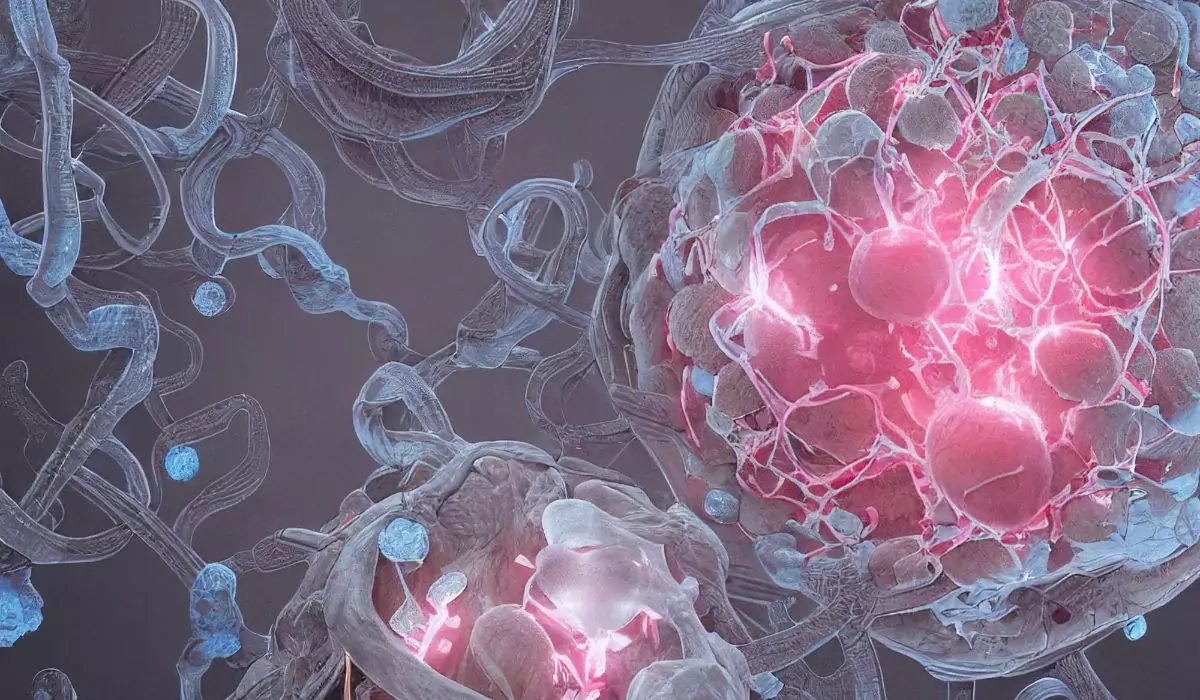
Introduction
Tumors are the abnormal growth of the tissue that forms a lump or a mass. There are many types of tumors, and these can be cancerous or noncancerous. Germ cell tumor is one of them. With the help of modern technology and techniques, it is curable for most now.
Children of any age are susceptible to germ cell tumors. However, the survival rate is 90% if detected early in stage 1. In the second stage, the rate decreases to 87%, and in stage 3, it can be 83%. Proper care and precautions can take you a long way. It may seem small, but it is not. Chemotherapy works very well to cure this. Creating awareness among people about this condition is essential, as this can affect anyone.
Request an Appointment at Smiles
What are Germ Cell Tumors?
It gets its name from the word germinate, which means to come into being and has nothing to do with germs. Germs are not the source of this condition. Mainly, newborn babies get affected by it. The tumor forms in their bodies even before their birth.
Different germ cell tumors exist, and some of them include:
- ● Teratomas or dermoid cysts
- ● Germinomas or dysgerminomas
- ● Yolk sac tumors or endodermal sinus tumor
- ● Embryonal
- ● Choriocarcinoma
What Are the Symptoms of Germ Cell Tumors?
- ● Ovarian – An ovarian germ cell tumor is difficult to identify; until it grows and presents with symptoms. There are no signs and symptoms at the early stage; however, there may be swelling in the abdomen when it grows larger.
- ● This kind of tumor can be detected easily, as it is visible in the scrotum or causes pain.
- ● Presacral tumor – These are found in front or above the sacral bone area of the hip. Tumors in a child younger than six months are usually a benign tumor, and an older child can develop a malignant tumor. The symptoms may include difficulty passing urine, difficulty in bowel movements, and difficulty walking.
- ● Mediastinum tumor – These tumors are generally in blood vessels, trachea, heart, and thymus. Early symptoms of it are cough, fever, chest pain, and breathing problems.
- ● Sacrococcygeal tumor – These tumors develop at the tailbone or the distal end of the spinal column. Doctors can detect it early and treat them. These tumors are the most common congenital tumors.
What Causes Germ Cell Tumors?
- ● Cryptorchidism or undescended testicle is the most prominent cause of germ cell tumor.
- ● Birth-defects in the urinary tract, genitals, central nervous system, or the lower spine
- ● Have an extra sex chromosome or missing one
- ● Family history increases the risk of developing germ cell tumors
How is Germ Cell Tumors Diagnosed?
- ● Biopsy – Biopsy is the most effective way to recognize any disease, even in this one. The doctors collect a sample of the tumor and examine it for a germ cell tumor.
- ● Blood tests – The easy process to examine this condition is to check your blood samples. It is one of the most reliable methods.
- ● CT Scan – Computed tomography is another test to examine the germ cell tumor.
- ● Others – Along with these methods, doctors may also ask for MRI, bone scan ultrasound, and X-ray reports to check for germ cell tumor and the extent it has spread.
How is Germ Cell Tumors Treated?
- ● Surgery – Sometimes tumors are detected at a crucial stage; doctors opt for surgical treatment to remove the cell as soon as possible.
- ● Chemotherapy – Drugs can kill any tumor or cancer. Chemotherapy is a process that uses drugs to kill those tumors. It is indeed a less painful mode of treatment. Two or three chemos will do the job.
- ● Rays – The radiation of x-rays can kill tumor cells effortlessly. This way of treating germ cell tumors is inexpensive. However, it works in the early stages only. But in the later stages, it might not help.
What is the outcome of Germ Cell Tumors?
Are there any risks of surgery in Germ Cell Tumors?
- ● Turner Syndrome
- ● Intersex conditions
- ● Cryptorchidism
Request an Appointment at Smiles
FAQ's
Is it Common to Get Germ Cell Tumors?
What is an Example of a Germ Cell?
Are Germ Cell Tumors Transferable?
How many Types of Germ Cells are there in Humans?
- ● Diploid germ cells (DGC)
- ● Haploid germ cells (HGC)
Are Germ Cell Tumors Genetic?
Need Help?
For any Information about our Locations, Doctors or Treatments.
